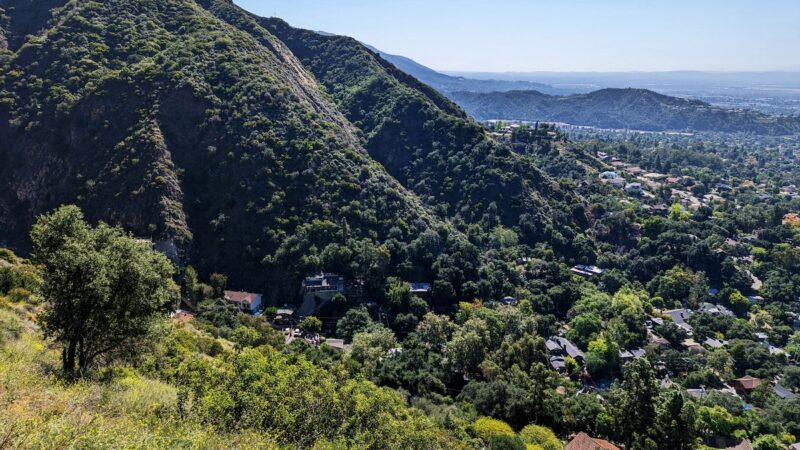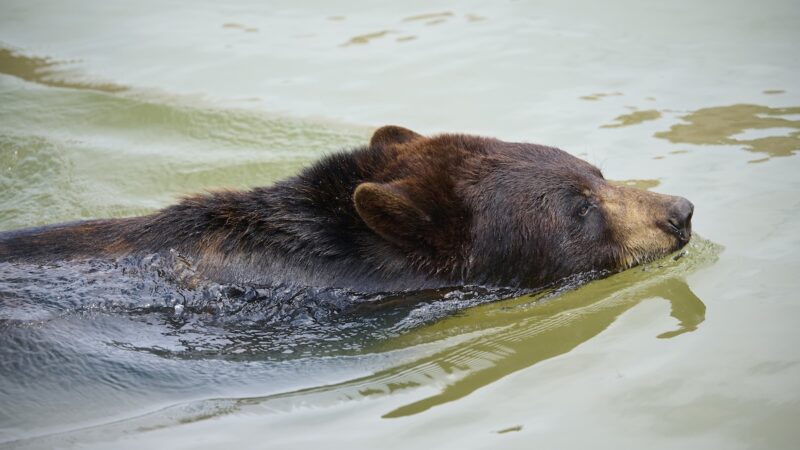Top 7 Tips for Camping on a Budget
Once you have all the gear you need for a night under the stars, camping can be quite an affordable way to adventure. Campsites are usually far cheaper than even the budget-friendliest hotels, and you can often find free places to camp on public lands.
Here are a few ways to make your next camping trip a little cheaper.
1. Try dispersed camping
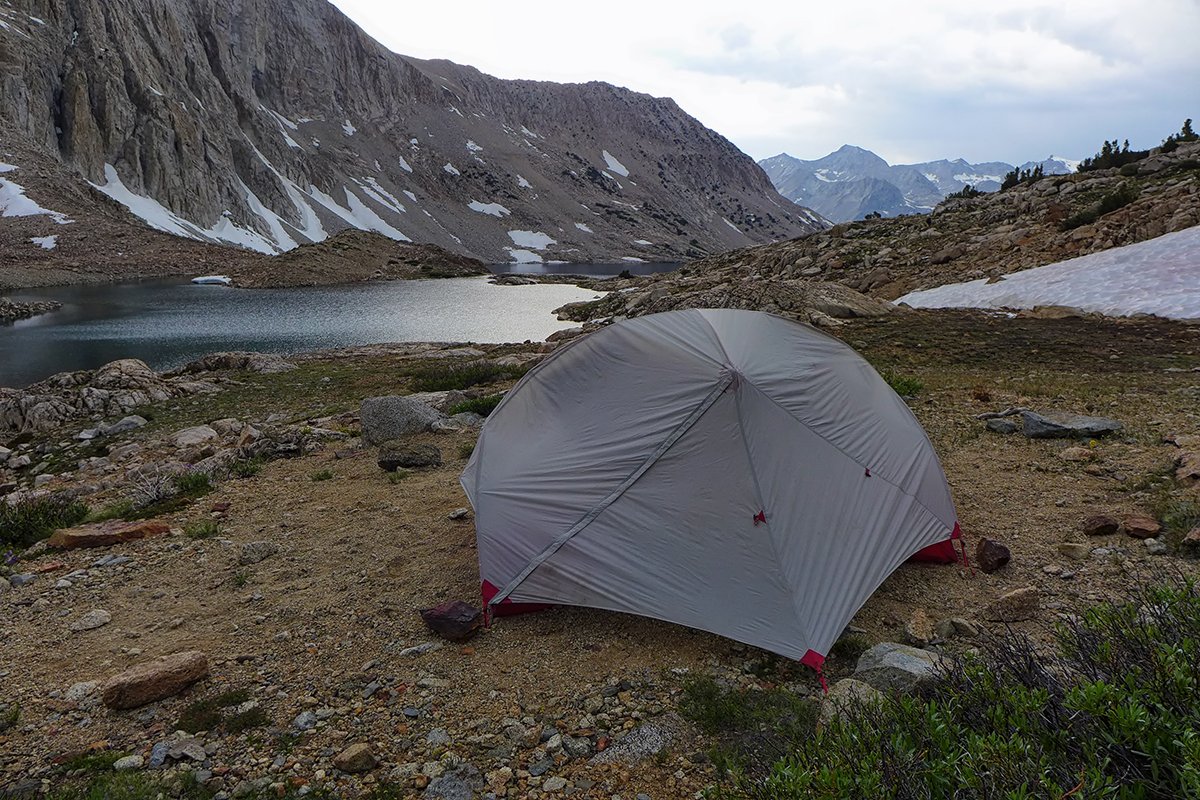
Campgrounds in U.S. National Parks often cost about $20 or more for a campsite, and privately operated campgrounds near popular parks can cost even more. Save on camping fees by finding National Forest or Bureau of Land Management (BLM) land—among other federal agencies—where dispersed camping is free.
Dispersed camping is extremely primitive, and you’re not likely to find amenities like toilets. You can’t reserve these sites, and in busy areas or on holiday weekends, you may have to drive around on dirt roads for a while to find a good spot. However, they don’t cost anything beyond your access pass for the land you’re camping on.
You can learn more about dispersed camping regulations from the BLM and local ranger districts. Always read signs or ask a ranger at a visitor center or entrance station to make sure you’re camping in a place where it’s allowed. Double-check fire restrictions, too, to make sure taking undue risk before you settle in to make s’mores.
2. Carpool and share campsites with friends

You often have to pay extra fees at developed campgrounds for additional cars or tents, even if you’re all sharing one site. Save a bit of cash by getting the whole group into one car. If you’re coming from different directions, you could look into safe, free overnight parking outside the campground—such as street parking in a nearby town or a large public parking lot for a store like Walmart. Then, you can all meet there and drive the final stretch together so you don’t have to pay extra parking fees.
3. Make a list, check it twice, and book in advance

Forgetting small essentials like sunscreen, hats, bug spray, and extra layers can quickly turn a cheap weekend into an expensive one. So, too, can arriving unannounced at a budget-friendly campground and discovering that all the spots are taken and you have to find a more expensive place to camp.
Plan ahead and pack a day or two before your trip to give yourself plenty of time to double-check you have everything you need. Reserve campsites whenever possible so you don’t have any budget surprises upon arrival, and always have a back-up plan when you’re going somewhere reservations aren’t possible.
4. Bring a good cooler, full of ice, and groceries from home
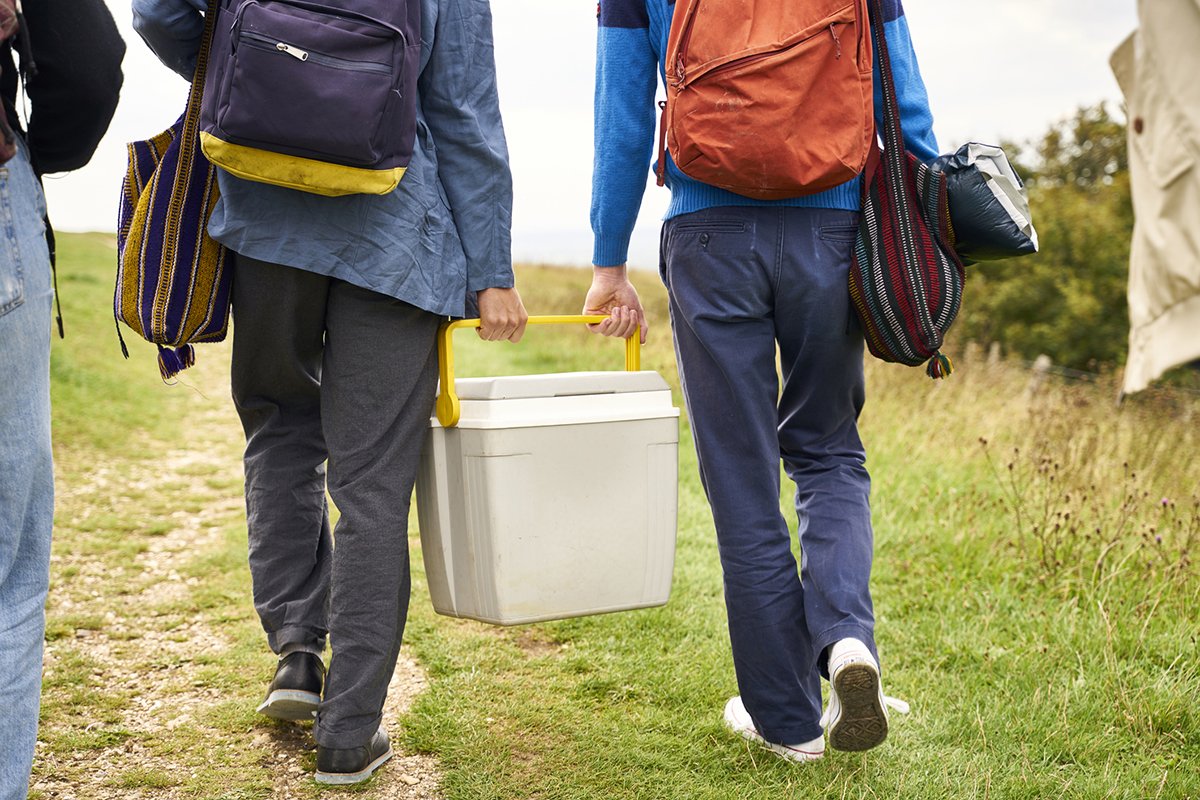
Campground shops and grocery stores in small, remote mountain communities often charge a premium for produce and basics. Invest in a cooler and reusable ice packs and bring as much from home as possible to save on food costs on your trip.
While cheap, styrofoam coolers might seem like a budget-friendly option upfront, it’s wise to remember that ice can get expensive if you have to constantly refill it on your trip. And if your food goes bad because your cooler can’t stand up to the heat, that’s wasted money, too.
5. Go during the off-season or during the week

It’s usually harder and/or more expensive to book a campsite during peak travel times, like weekends, holidays, and prime season wherever you’re headed. If you can swing the vacation time, camp during the week to cut down on crowds and competition for prime sites.
6. Check out state parks and local campgrounds
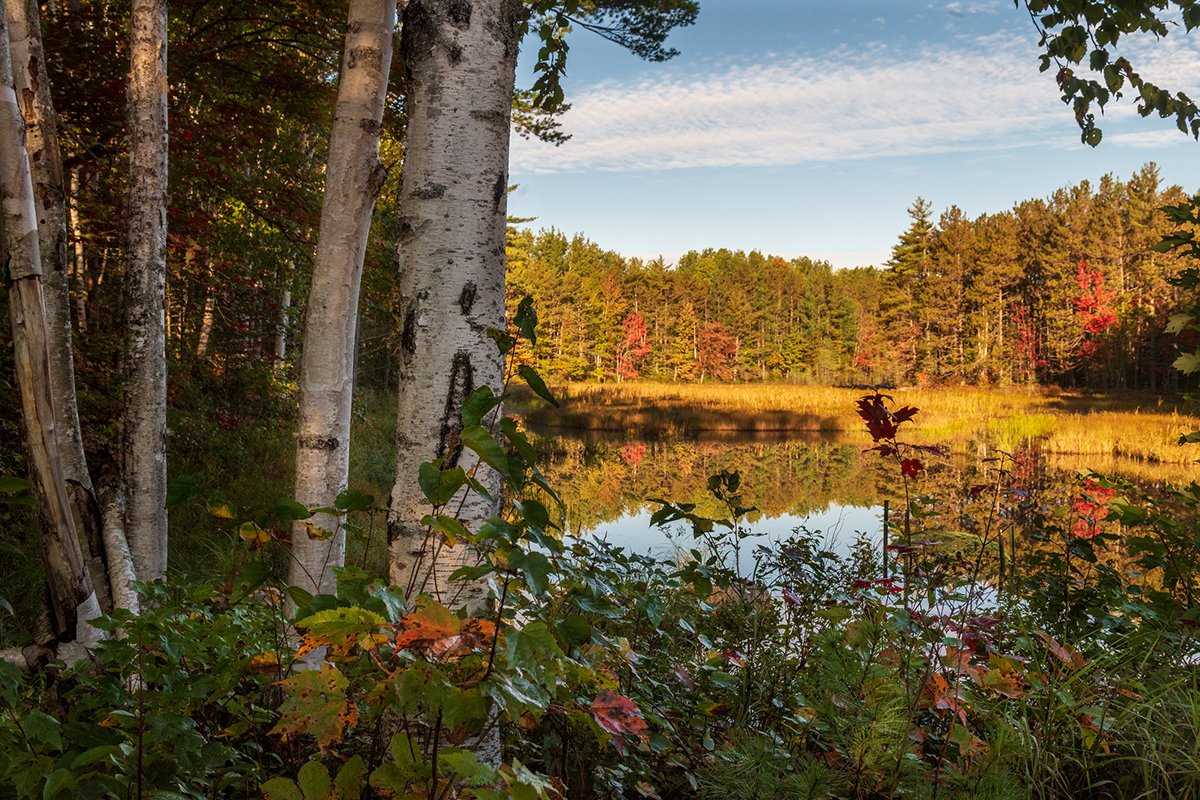
National parks get all the fame, but there are often state parks or other types of public land nearby where you may be able to find cheaper campsites. Even if the campsites themselves are about the same price, state parks often have less-expensive access fees than national parks.
7. Get an interagency U.S. National Parks Pass
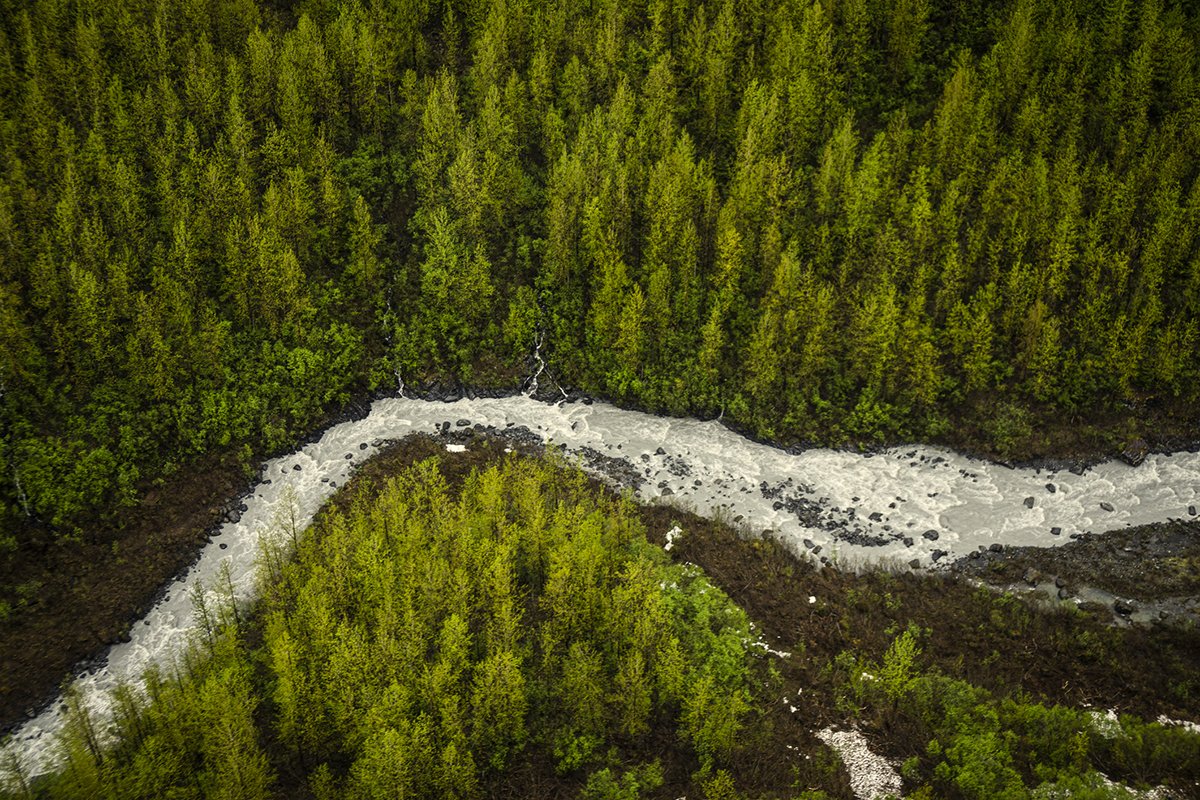
An America the Beautiful pass costs $80 for a year of unlimited entry to U.S. National Parks and public land managed by five other federal agencies: the Forest Service, U.S. Fish & Wildlife Service, Bureau of Land Management, Bureau of Reclamation, and U.S. Army Corps of Engineers.
While this pass won’t give you free camping fees, it will save you the cost of entry fees to make it to your campsite. It’s also worth noting that U.S. citizens and permanent residents can get a discounted annual pass under certain circumstances, such as if you have a permanent disability, if you’re over the age of 62, if you’re in the military, or if your child is in the 4th grade.



